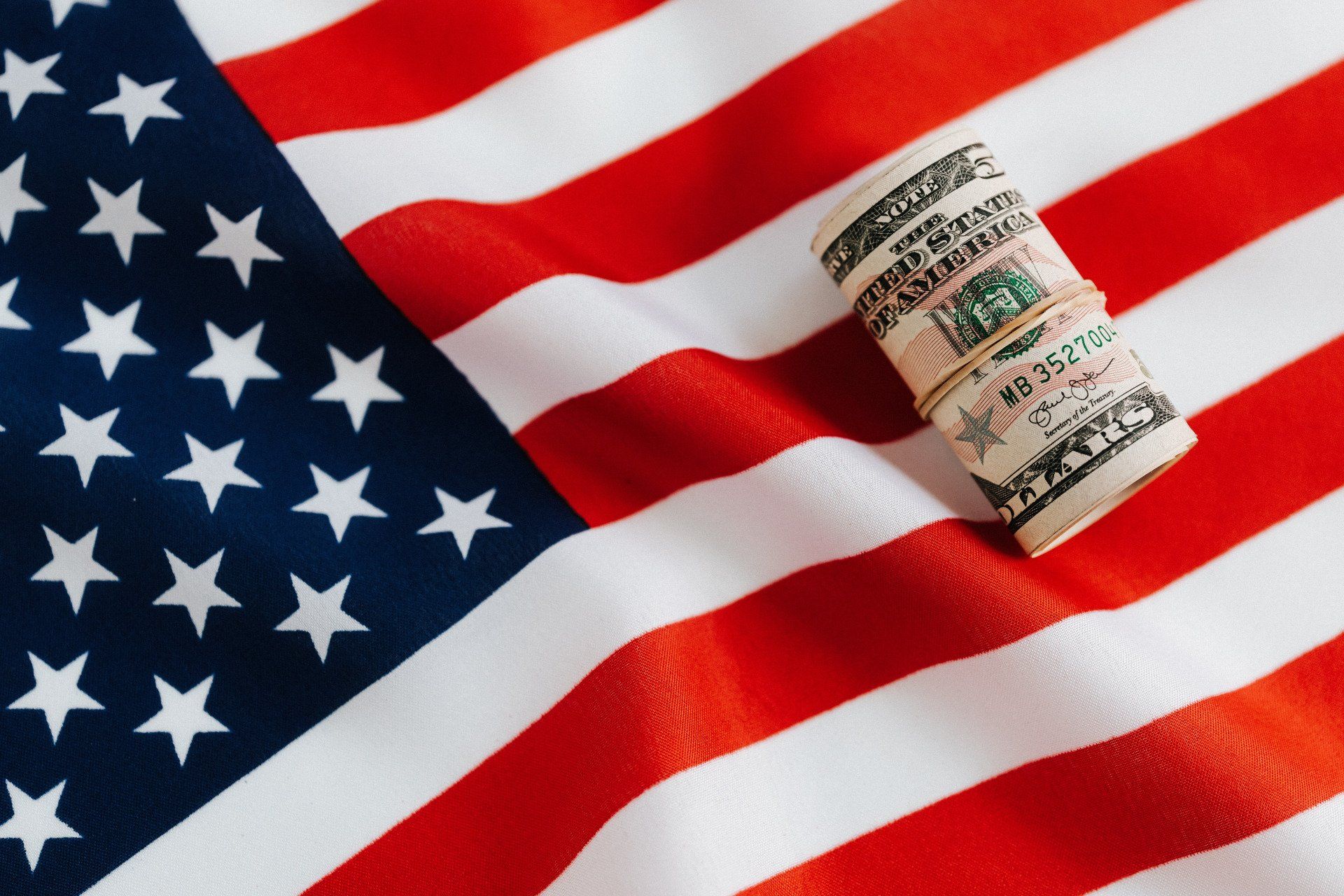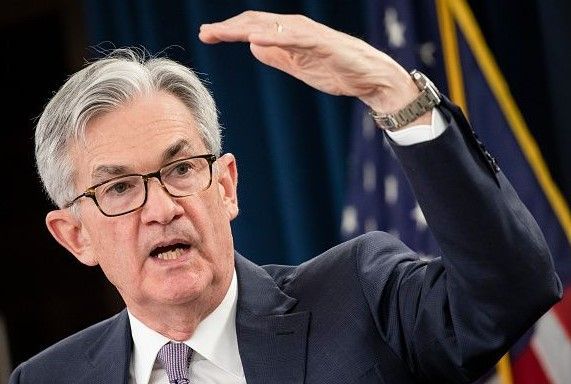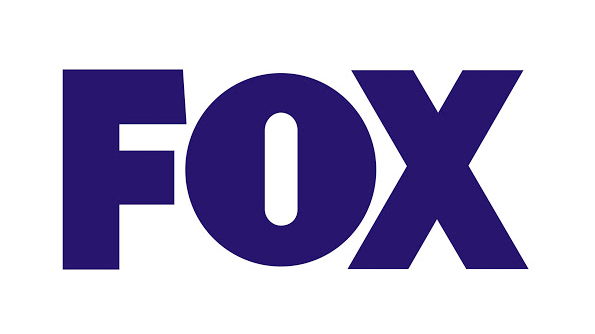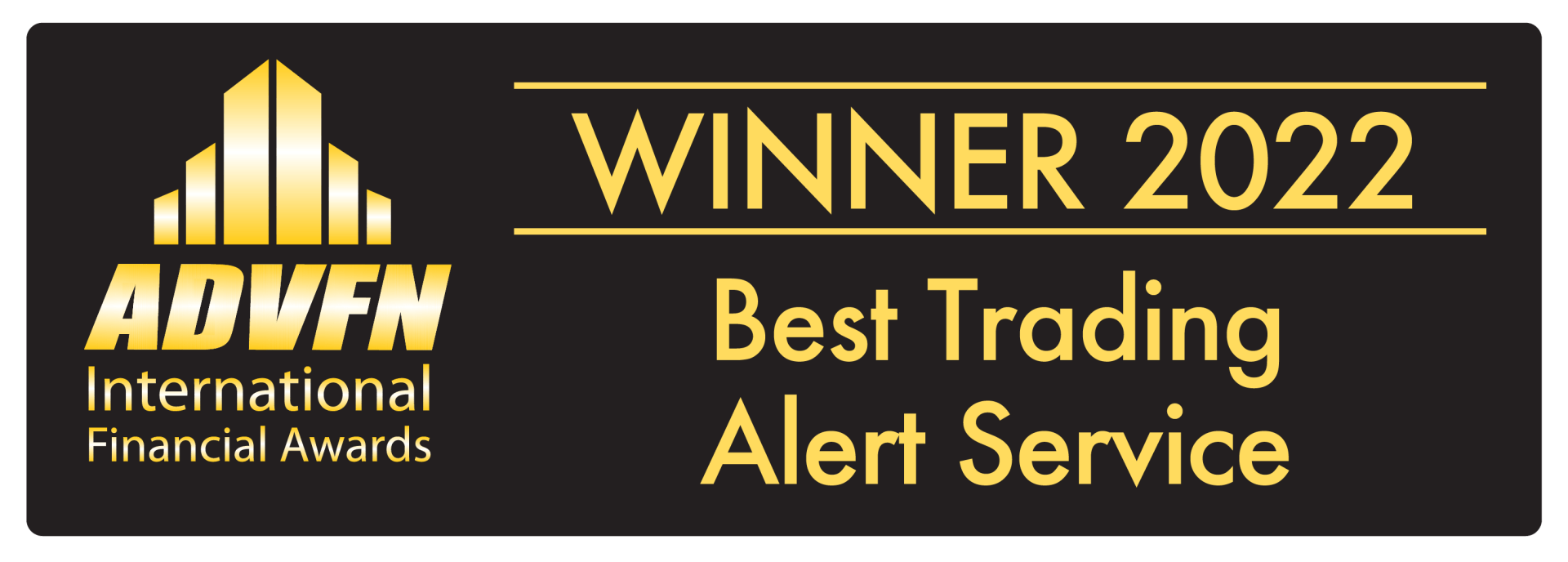Is this the start of a Banking Crisis?
Inflation is rising globally. In the US, to get back to the 2% target, the Fed is raising interest rates (a policy also being carried out in many other countries). In the US this has been going on for exactly one year now and understandably the Fed watch every piece of economic data to see what impact the rate increases are having.
It's a tricky dynamic. The Fed know that they are likely to undershoot or overshoot, the chance of them getting to exactly 2% is low, there are just too many moving parts and most economic indicators are lagging further obscuring the progress being made. It was a difficult enough job but now they have the demise of both Silicon Valley Bank and Signature Bank to contend with. Plus Credit Suisse, a formal global powerhouse of a bank looks in deep trouble.
A run on one bank reduces faith in the banking system which results in a sale of banking stocks and causes a contraction in people's appetite for investment. These are all things that can further impact the economy. So are these banking issues isolated or could it be the precursor to a larger crisis?
The role of Banks
Simplistically Banks have money on deposit from consumers and businesses, they lend it out in the form of loans and they invest money to make money. Ok it's a little more complicated than that, it involves stocks, bonds, futures, complex debt products, interbank agreements, leveraged debt etc. What the Fed (or any other Central Bank) does is set the overall rules for the banks which include the liquidity requirements i.e what the key capital ratios are and how much capital the bank can access is a short period of time. The idea is that these rules make them stable and therefore a run will not occur.
In the case of Silicon Valley Bank it had made some investment decisions which had gone against it and on the 8th of March it announced a $1.75bn capital raising which it told investors was required to plug a hole caused by the sale of its loss-making bond portfolio. This did not fill customers with confidence and using the speed of social media VCs were telling companies who they had invested in to pull money from SVB. Thus precipitating a run on the bank. Interestingly SVB had no Chief Risk Officer at the time of going under, a critical role in any bank (though they had spent $4m on diversity!).
Steadying the Ship
Once it was clear that SVB was becoming non-viable the Fed started to look for a White Knight to take over the business of SVB in the US. Having failed to do this they stepped in and said they were guaranteeing all deposits in the bank, which to all intense and purpose looks like a bail out though they are saying it isn't. By stepping in the Fed secures the deposits of the money that many Tech companies and Consumers had with SVB and also shows that it is actively managing any risks in the banking sector.
However bad news always spreads faster than good news and investors started to worry that this might not be an isolated incident. So in the wake of this other banks stocks have sold off and their values have dropped. One of the key banking ETFs was down by 12% at one point and Credit Suisse (already seen as a bit of a sick child) stock has fallen to record lows.
Canary in the Coalmine
So is this a one off incident or is it a case of the 'canary in the coalmine' where the death of a canary used to signify toxic gas which would impact everybody else unless the mine was quickly cleared. To answer this question requires an understanding of how companies have grown on the back of cheap money since the Great Financial Crisis (2008-), the changing role of banks and the rise of 'shadow banking'.
Free Money
For the past 20 years interest rates have been very low which means money has been cheap. So companies have taken cheap money and invested it in their business. As their businesses grew and they needed more money they would just borrow more and reinvest it so that they could continue to grow. This has been going on for two decades. However, the substantial increase in interest rates over the past year means a lot of these loans are becoming less affordable to pay back and/or re-financing is proving difficult. Fundamentally this means the costs of the business are increasing which means paradoxically the value of the business is probably decreasing, making it harder to re-finance. Imaging this happening across hundreds of thousands of companies and you can start to see the potential impact. And if many companies can't pay back their loans then the banks have a problem. When interest rates rise it becomes easy to see which business models no longer work in a world of rising interest rates. As Warren Buffet famously said, "you don't see who's swimming naked until the tide goes out".
Another important shift in the past 20 years has been the shift of finance from the banks (who were understandably reticent to lend heavily after the financial crisis) to what is known as the shadow banking sector. Shadow banking is money that comes from Venture Capital, Private Equity or similar. Whereas with a bank you knew exactly what was on their balance sheet and what their net exposure was, it is not the same for these private financiers who hold their cards close to their chest and have many interlinked financial deals.
Shadow Banking
Because these shadow banks borrow money to invest (leverage) in order to get a return, it could be a bit of a double whammy. You have interest to pay which needs to get paid by the companies you invested in, but many will no longer have the ability to repay. This eventually leads to companies being refinanced and shackled with so much debt that they can only just afford to pay their basic costs and debt; the so called zombie companies who can never be truly profitable. And obviously there comes a point at which if a company is never going to pay back the debt you it needs to written off and losses crystalized.
Will it Spread
Most banks should be in a good financial condition so the number of banks that fail based on their fundamentals should be limited. However, a bank run is simply caused by fear, fear that your deposit in the bank is no longer safe. In this current environment fear and uncertainty abound; no bank can be immune from that.
However, in this rising interest rate environment it's probably more important to take a look at where these rising interest rates are hurting. Many businesses have taken on debt which is likely to become unaffordable, at some point therefore the financiers will feel the pain, be they Banks or in 'shadow banking' sector.
If you want to improve your trading on Futures like the e-mini nasdaq, e-mini S&P, Commodities, Forex or similar then you want to use a system that has the best Trade Signals and Trading Strategies in the market. Inteligex will help you Learn to Trade the right way, book your FREE Personal Consultation below to find out more. It's over 80% accurate and even tells you where to put your stops and targets.
To see how you could become a winning trader, book your FREE Personal Consultation.
USEFUL LINKS: Common Trading Mistakes, What is a Recession, What next for the Chinese economy, What is Fiscal Policy, What is Monetary Policy, Why are Economic Forecasts Wrong, US Stocks in 2023, Your best shot at Goal, Learn to Earn, Looking for a good stock to buy, What is Inflation?, How interest rates work
















